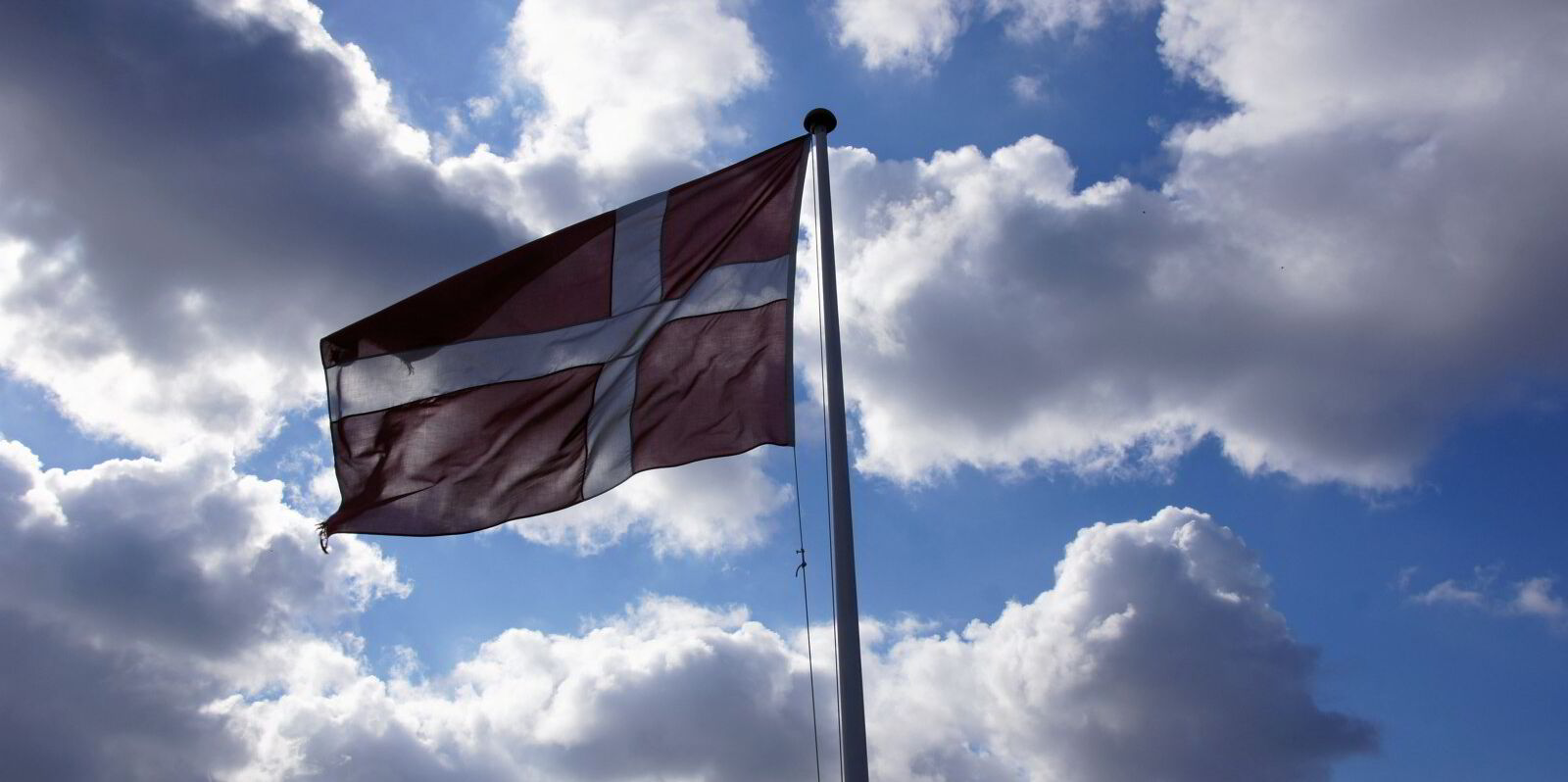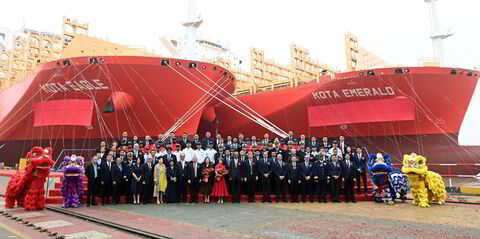More than one in five ships flagged by Tanzania and Cameroon were detained after European port state control inspections in the past three years, making them the worst-performing registries in the region, according to new data.
Denmark topped the list for the fourth consecutive year of the 71 flag states that were subject to at least 30 inspections from 2021 to 2023 within the 28-nation Paris MoU.
Denmark was the only flag state with fewer than 1% of ships detained of the vessels inspected.
The annual figures split flag registries into three categories of white, grey and black lists depending on the rate of detentions among their fleet. While the white list of best performers increased by three to 42, the black list also increased by the same amount to 12.
Ukraine and Vietnam were among the new entries to the list of worst-performing registries, according to figures published by the Paris MoU, one of 10 inspection regimes for foreign-registered ships.
The 12 registries on the black list are Belize, Palau, Ukraine, Algeria, Togo, Azerbaijan, Vanuatu, Comoros, Vietnam, Moldova, Tanzania and Cameroon.
The performances of Sierra Leone and Albania improved and they were upgraded from the black list to the grey list.
Tanzania joined Cameroon over the period as the only “very high risk” registries, the data showed.
TradeWinds reported earlier this month that Tanzania, along with Togo and Belize, were also on the black lists of the Tokyo port inspection regime and by the US Coast Guard.
Only Togo responded to a request for comment, saying it had brought in measures to improve the quality of its fleet, including refusing vessels built before 1995 and potentially removing ships that had been repeatedly detained.
It said owners, managers and recognised organisations that are authorised to carry out surveys and inspections should be the first to be blamed for detentions.
Togo said it had sought to push owners towards reputable class societies, but had often been rebuffed by the societies owing to the black-listed flag.
The registry questioned how it could improve the performance of its fleet when reputable members of the International Association of Classification Societies “refuse to cooperate”.
Read more
- Three ‘high-risk’ flag states hit by triple-listing
- Seafarers kidnapped from cargo ship in West Africa pirate hotspot, says security firm
- Thousands of seafarers out of pocket amid ‘alarming’ rise of abandonments
- Seafarers treated like ‘modern-day slaves’ as abandonments rise
- US sanctions tanker quartet for financing Iran and the Houthis




